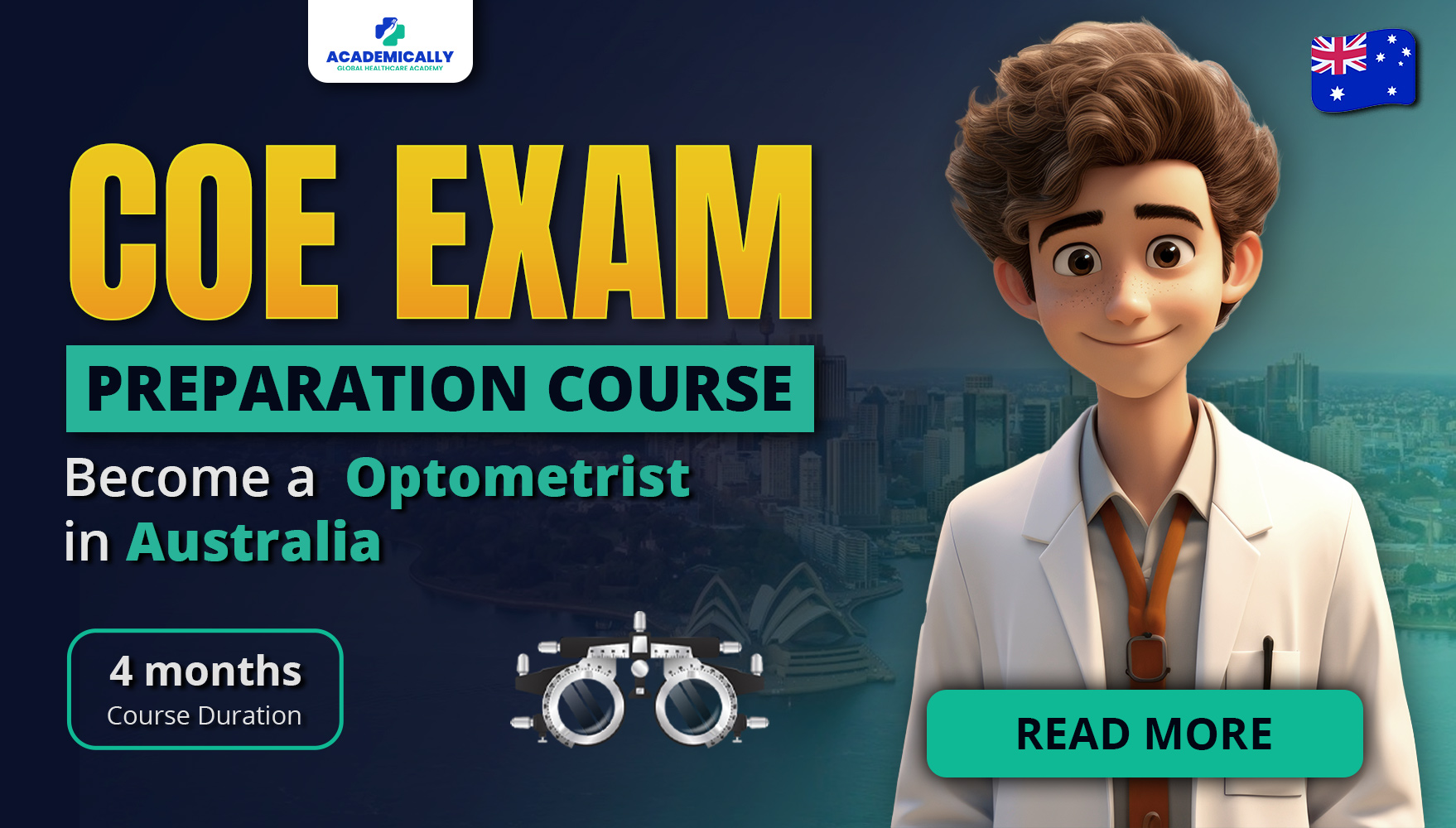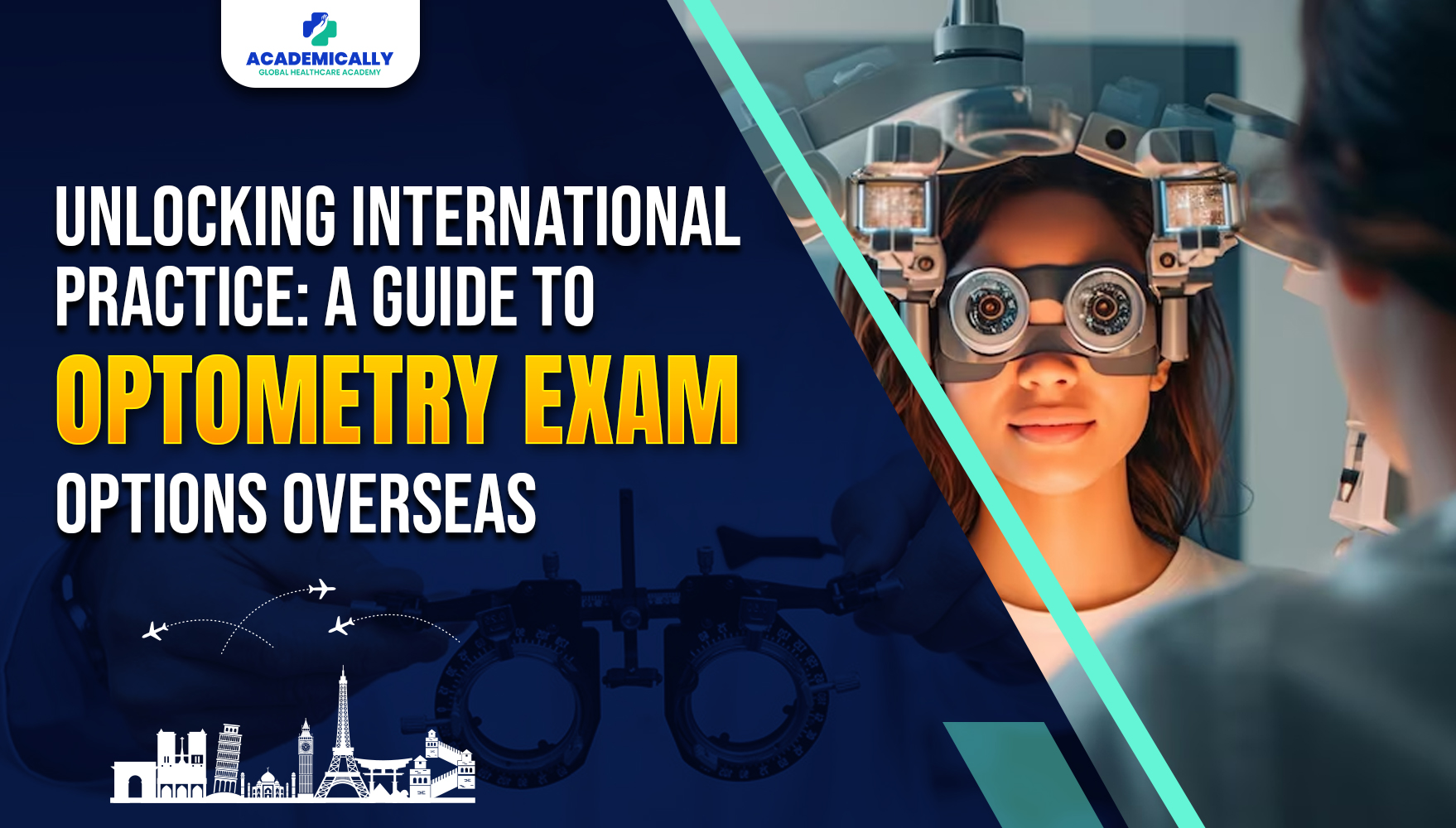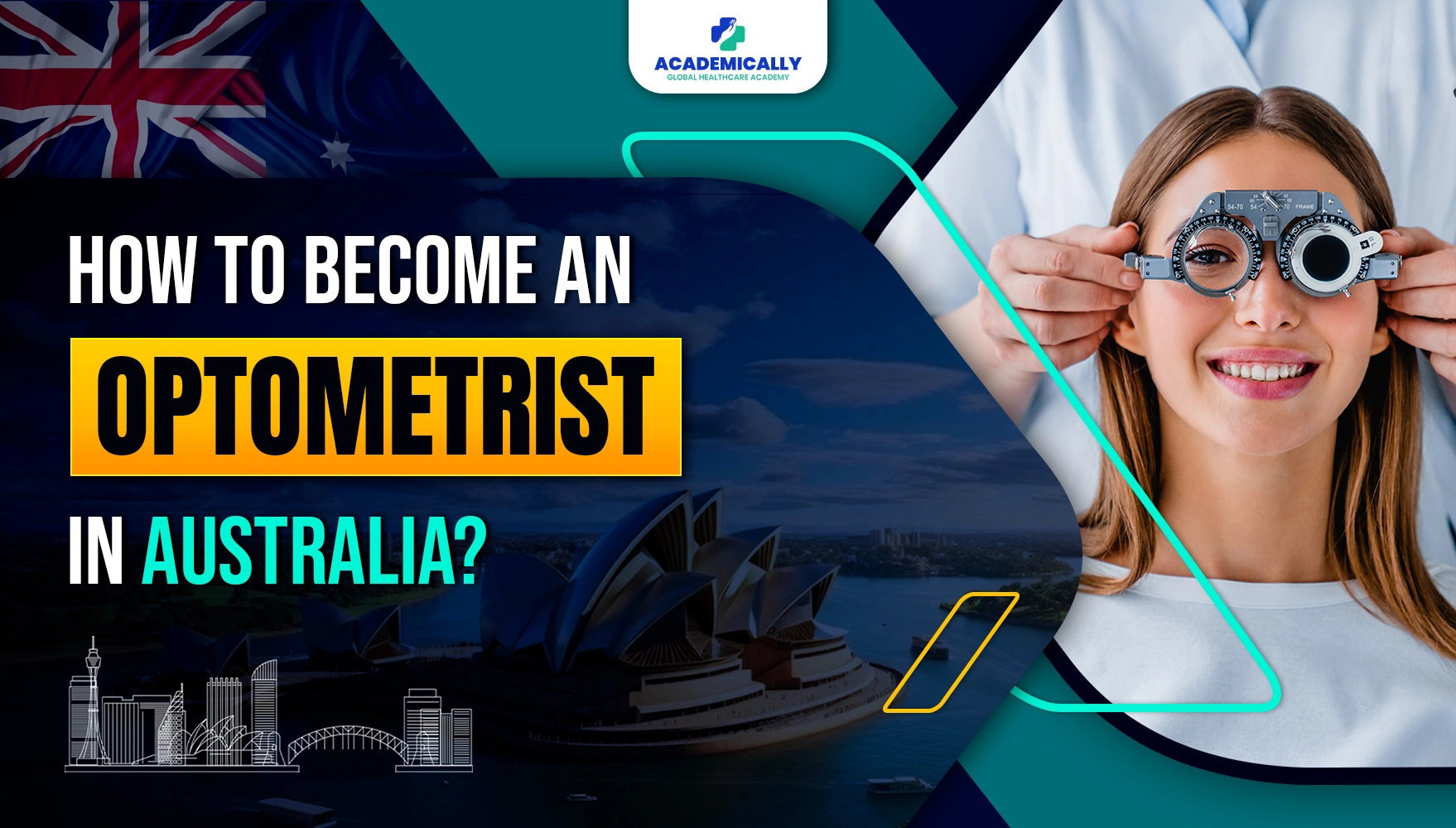Understanding the International Licensing Requirements
Before diving into specific exams, let's navigate the licensure process. Every country sets its license standards for the practice of optometry. These typically entail
- Educational Requirements: Most countries demand a Bachelor of Optometry (B.Optom) or an equivalent degree in optometry of 4 or 3 years as the eligibility criteria for registration.
- Professional examinations: You can verify your knowledge and clinical competency by passing one or more relevant examinations in your country.
- Applications for Licensure and Registrations: Fill out the required forms and register with the appropriate licensing authority. The specifics differ significantly as,
- US requires a Doctor of Optometry (OD) degree from an accredited optometry school, followed by passing the National Board of Examiners in Optometry (NBEO) Part I, II, and III exams.
- Canada requires obtaining an OD degree and passing the Canadian Optometry Examining Board (COEBC) exams.
- Germany requires a Master's degree in optometry followed by the Staatsexamen, a state licensing exam.
- France has a specialised postgraduate qualification following a degree in medicine or pharmacy. Graduates must then pass the Diplôme d'État d'Optométrie (DEO) to practice.
- South Africa requires a four-year Bachelor's degree in optometry and registration with the Health Professions Council of South Africa (HPCSA).
- Nigeria requires a Bachelor's degree in optometry followed by registration with the Optometrists and Dispensing Opticians Registration Council of Nigeria (ODORCN).

Various Exams Post Optometry to Unlock Registration Internationally
Depending on the nation you want to practice in, there are a lot of differences in the process of becoming an optometrist and working abroad. Below is a summary of some of the exams that optometrists can take to practice in different parts of the world:
OCANZ COE
Optometry in Australia is a four-year postgraduate degree program following a Bachelor's degree in a relevant science field. The Optometry Council of Australia and New Zealand (OCANZ) is an independent regulatory authority responsible for ensuring the competency and quality of optometry education and practice in Australia and New Zealand. OCANZ conducts the Competency in Optometry Examinations (COE) to assess the knowledge, skills, and competence of optometrists seeking registration to practice in Australia. These exams are recognised by the Australian Health Practitioner Regulation Agency (AHPRA).
GOC EXAM
Optometry in the UK is an undergraduate degree program, and graduates must register with the General Optical Council (GOC) to practice. The GOC also administers the compulsory Registration Assessment, which assesses clinical competence.
DHA EXAM
The Dubai Health Authority (DHA) exam for optometrists is a computer-based test (CBT) assessing knowledge in various areas. Understanding the specific syllabus and practising MCQs are crucial for success.
OCIET
Optometry in India is a four-year Bachelor's degree program. Graduates must then register with the Optometry Council of India (OCI) and pass the Optometry Council of India Entrance Test (OCIET).
Tips for Conquering International Optometry Exams
As with any exam, passing an international exam is no rocket science. It requires preparation and the right piece of advice to help you succeed faster:
- Recognise your adversaries: Study the exam's structure, subject matter, and grading scheme.
- Make a plan and a strategy: Make a study plan, evaluate your advantages and disadvantages, and concentrate on your areas of weakness.
- Perfectionism is attained via practice: Use study guides, practice exams, and mock exams to improve your abilities and boost your self-assurance.
- Seek assistance: Join online study groups or forums, connect with other optometrists who have passed the test, and consider hiring a tutor or getting ready for the test.
These are just a few examples, and the specific requirements for practising optometry internationally can vary greatly. It's crucial to research the particular requirements of the country you wish to work in and ensure you meet all the qualifications and pass the required exams before pursuing your international optometry career.
Fill up this form for a free one on one counselling session.





